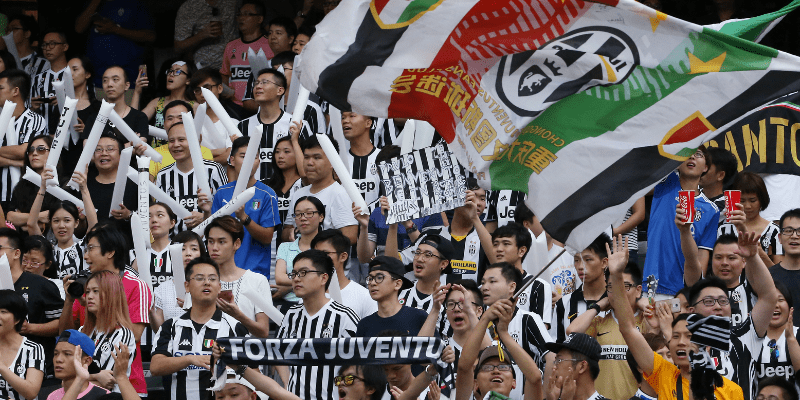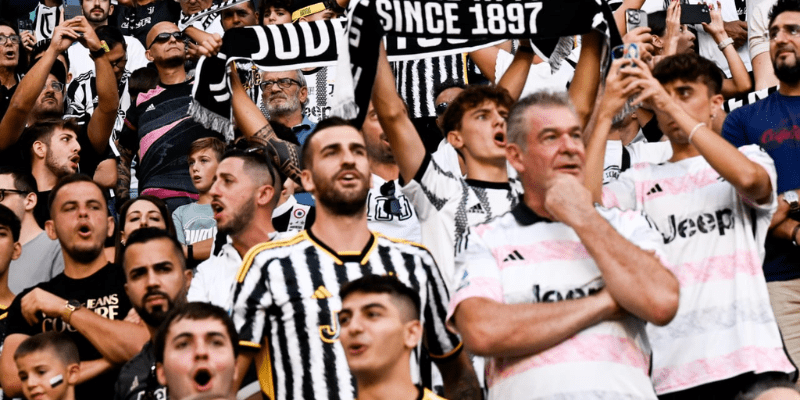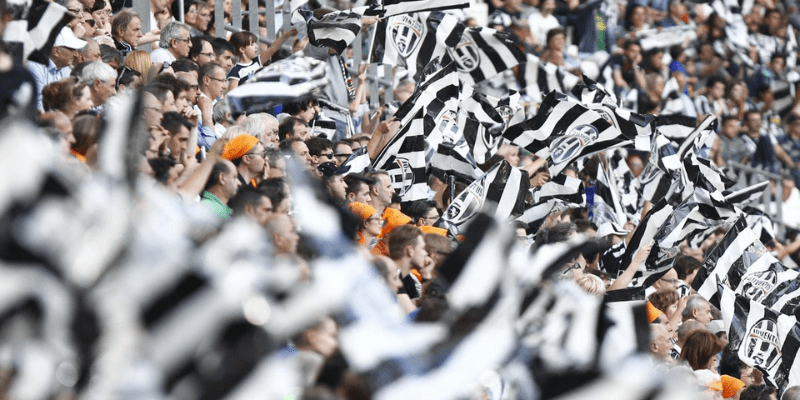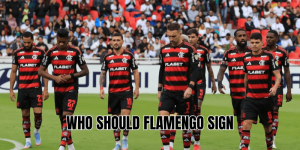When you hear someone shout “Juventini!” in a stadium or online forum, it carries more than just a name — it’s a badge of loyalty, identity, and history. But why exactly are Juventus fans called juventini? Join DiorDribble as we peel back the layers:.
What Does “Juventini” Mean?

At its heart, “juventini” is simply the Italian demonym for fans, players, or affiliates of Juventus. In Italian grammar, club names often add the suffix -ino/-ina/-ini/-ine to create affiliation: so “Juventus” becomes juventino, juventina, and juventini (plural). This is classical morphology.
Yet, in football culture, “juventini” carries emotional weight — it’s not just a neutral descriptor, but a label loaded with pride, rivalry, and belonging.
The Birth of the Name: Linguistic Roots
To fully grasp the term juventini, we need to look at how club-based demonyms evolved in Italian sporting culture.
- Club + suffix: It was common to take a club’s name (e.g. Milano → milanisti) and affix -ino/-istier to its fans. Juventus followed the same template.
- Official use: Early sports journalism and club communication sometimes used the form “juventino” to refer to someone associated with Juventus. Over time, the plural “juventini” became the default when talking about supporters.
- Academic backing: The Treccani Italian encyclopedia confirms that “juventino” is used both adjectivally (relating to Juventus) and substantively (a Juventus player or supporter).
Thus, juventini emerges naturally from Italian linguistic tradition — a respectful, descriptive term.
Why Fans Use “Juventini” (and When)

To understand how juventini functions inside and outside the Juventus community, we must turn to culture, fandom, and rivalry.
1. A Positive Identity Among Supporters
Within the Juventus fanbase, juventini signals belonging and continuity. Saying “I’m one of the juventini” connects you to generations of supporters, local and global.
2. Distinguishing from Rival Nicknames
Rival fans often use teasing or derogatory nicknames — for Juventus, the most notable being gobbi (“hunchbacks”). But juventini remains the neutral, friendly anchor. Over time, some supporters have reclaimed gobbi with pride, but juventini continues to be the safer, inclusive identity.
3. Language Among Press, Media, and Academia
In mainstream media coverage, writers often call Juventus fans “juventini” when speaking in Italian or English contexts. The term is known enough internationally to appear in translations or fan commentary.
4. Global Spread Through Italian Diaspora
As Juventus fans spread worldwide — especially through the Italian diaspora — juventini carried with them. In many non-Italian speaking countries, fans still use “juventini” (or localized variants) in supporter chants, social media, and fan club names.
The Rival Tag “Gobbi” and Its Relation to Juventini
One of the most intriguing sidelines to the question is the nickname gobbi, often used to describe Juventus fans. Understanding gobbi helps clarify why juventini remains preferable in many contexts.
Origin Theories of “Gobbi”
The nickname “gobbi” (singular gobbo) translates to “hunchbacks.” Several theories exist:
- The loose jersey effect: In the 1950s, Juventus adopted a baggier style of shirt with a laced front. When players ran, the fabric would billow out, creating a pronounced bulge over the back — giving the optical impression of a hunchback.
- Mocking posture or envy: Some say rival fans coined “gobbi” to mock Juventus supporters as if they were bowing to Juventus’s dominance or “stooping under pressure.”
- Geographic or neighborhood origin: Another theory points to a locale or district historically called “Gobbo” or “Gobba” near Turin, giving the term local roots.
- Adoption by supporters: Over decades, many Juventus fans re-appropriated “gobbi,” turning an insult into a point of pride — “orgoglio gobbo.”
Why “Juventini” Survives Alongside “Gobbi”
- Neutral vs loaded: While gobbi has strong emotional resonance (and is sometimes divisive), juventini stays neutral and descriptive.
- Inclusivity: In mixed-team contexts, commentators, historians, and fans often prefer juventini to avoid offense.
- Stability: juventini doesn’t shift in connotation — it remains consistent. Gobbi may carry pride today, derision tomorrow, depending on context.
When to Use “Juventini” vs “Gobbi” in Writing & Speech
For writers, media outlets, or fans wanting to communicate clearly and respectfully, here’s a practical guide:
| Situation | Preferred Term | Reason |
| Neutral fan reference | juventini | Accurate, respectful, and widely understood |
| Friendly chants or fan slogans | juventini or gobbi | Internal traditions may embrace both |
| Rival or provocative contexts | gobbi | Fits taunts or rivalry banter |
| Formal journalism or historical writing | juventini | More neutral, less loaded |
| Interviews with fans | Let interviewee choose | Authentic voice matters |
Cultural Significance: More Than a Name

Calling Juventus fans juventini is not trivial — it reflects how football culture shapes community, loyalty, identity, and memory.
- Continuity across eras:, juventini links generations of supporters.
- Collective identity: It reinforces the bond between Turin locals and distant fans, weaving together shared rituals, symbols, and heritage.
- Respect in rivalry: When rival fans use juventini, it often marks grudging recognition — an acknowledgment that Juventus supporters are a major force.
- Language & media propagation: Sports journalism, books, podcasts, and digital media help cement juventini in global football discourse.
Conclusion
why are juventus fans called juventini? Because that is the natural linguistic formation in Italian — the demonym that associates someone with Juventus. But beyond mere grammar, juventini signifies belonging, respect, and identity. While rival nicknames like gobbi add drama, juventini remains the bedrock term — embraced by fans, used in press, and recognized worldwide.
In this article, DiorDribble has traced the etymology, cultural adoption, and rivalry dynamics behind the term juventini. If you’re building content about Juventus culture, fan identities, or world football lexicons, this is the anchor you want.
Want to dive deeper — maybe explore “how juventini compare to other fan demonyms,” or “when gobbi became reclaimed by supporters”? Let me know, and DiorDribble will take you there.






